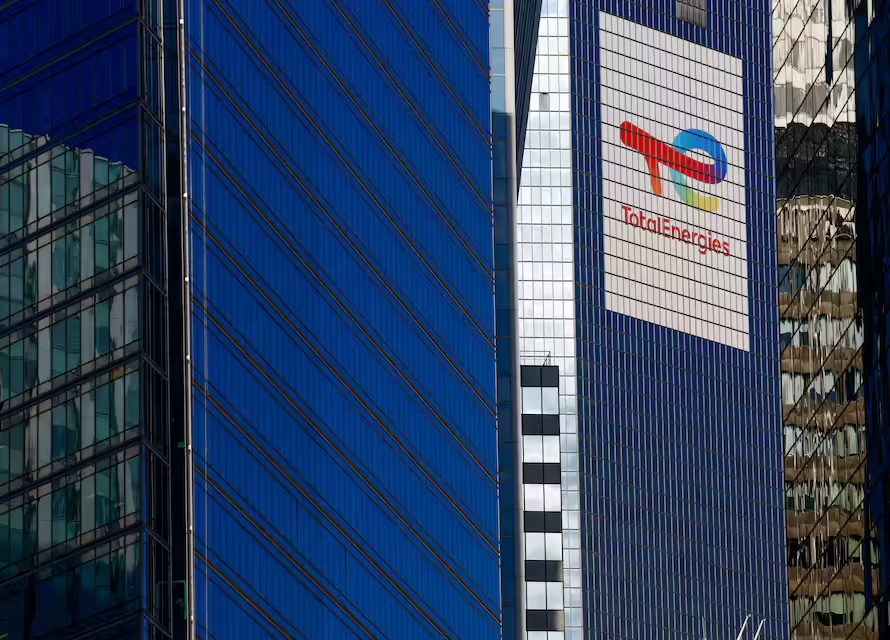Nigeria’s private sector activity was reported to have increased for the second consecutive month in September. Referring to the central bank’s business survey results, it showed that this was due to an increase in new orders, especially for chemical and pharmaceutical products.
The central bank’s purchasing managers’ index (PMI) for private sector activity rose to 50.5 points from 50.2 points in August.
The PMI is one of the indicators considered by the central bank’s monetary policy committee when they set interest rates.
President Bola Tinubu’s reforms to the currency market and cuts to gasoline and electricity subsidies have fueled inflation, eroding the purchasing power of Nigerians.
The PMI reported that 23 out of 36 sub-sectors experienced growth in September, with cement recording the highest increase, while transportation and warehousing reported the largest decline.
Non-metallic mineral products, petroleum and coal products were among the sectors that remained unchanged.
The central bank has raised interest rates five times this year to tackle inflation, but analysts say this has increased borrowing costs for businesses with a negative impact on economic activity.


